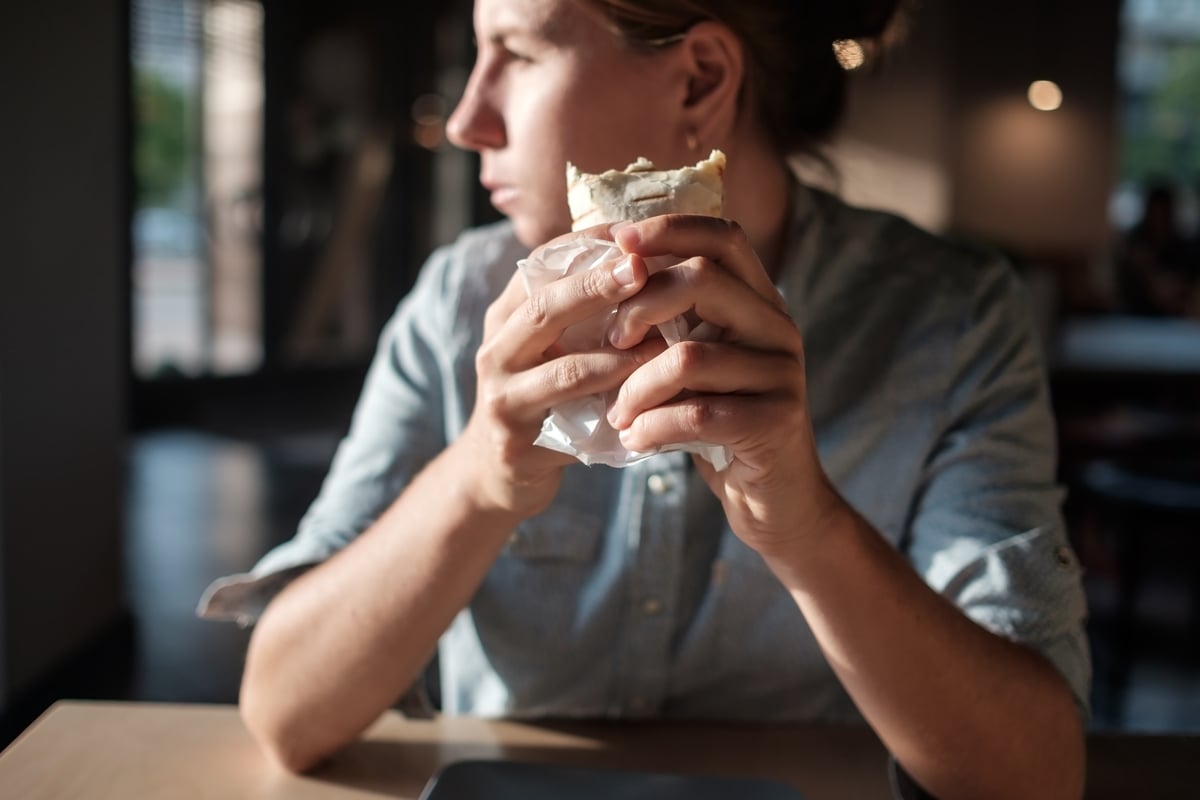Hamburgers, at least the ones not made on a grill in our backyards, were the original fast food. Chains like McDonald's (MCD 1.19%) offered cheap, tasty burgers at low prices to a not-very-discerning public.
In the past few years, though, that has changed. McDonald's and its fast-food rivals still sell low-cost hamburgers, but they have faced market pressure from chains and start-ups trying to do it better. Companies like Five Guys, In-N-Out Burger, Shake Shack, and others pushed the idea of what a fast-food burger could be. They used better meat, higher-end ingredients, and generally committed to the idea that this classic American sandwich could be both good and not-all-that-expensive.
These fast-casual restaurants -- though they generally won't use the phrase -- hope to be the Chipotle (CMG 0.01%) of hamburgers, a game-changing force that breaks out from the restaurant pack.
Not all of these companies are using the exact same model, but they are all built around offering better quality ingredients than fast-food chains. In addition, burgers at these fast-casual operations are made to order and higher-priced than typical fast-food fare. It's a recipe Chipotle hopes to tap into with its Tasty Made brand, and one that BurgerFi has used to become a growing player in the fast-casual space.
That chain's CEO Corey Winograd, who took the unique path of serving as an attorney for the burger chain before becoming its boss, answered some questions from The Motley Fool about the fast-casual burger space via email. His insights give a window into the crowded market Chipotle has entered and what it may ultimately take for a company to emerge as a winner in the space.

The sandwiches at fast-casual chains generally use higher-end meat and ingredients than fast-food burgers. Image source: BurgerFi.
A shakeout is coming
Fast-casual burger concepts have, along with custom-made pizza brands, been the next big thing for the past couple of years. That has led to a lot of venture capitalists moving into the space, and Winograd believes a shakeout is coming.
"Early adopters in the better burger segment that focused on and executed against transparency in ingredients and higher quality menu items will likely survive and some will thrive," he said, noting that he believes his company has succeeded because it has "done away with the nondescript burger and only serve hormone-, steroid- and antibiotic-free beef."
That's clearly something Chipotle did with its core brand, but it's actually not a key part of the Tasty Made marketing. The fledgling chain does use the words "high quality" repeatedly on its website, but it only describes its patties as "conventionally raised, 100% American beef." That's an interesting hedge for a company that built its business on the phrase "food with integrity" and has painstakingly pointed out where it sources from, and how its ingredients are grown and raised.
Fear not the Golden Arches
While Winograd believes competition in the space has gotten intense, and that new players may turn up the heat, he's not worried about what the traditional burger purveyors do. He dismisses the idea that McDonald's can win back share from companies like his by introducing their own higher-end products.
"Some of the larger chains have introduced healthier options," he said. "but data shows us that is not the reason people flock to these establishments."
Is this the future of burgers?
One thing Chipotle proved (at least before its food safety scandal) is that people will pay more for what they perceive as better food. That's something that chains like Tasty Made and BurgerFi are testing in the hamburger space, and Winograd believes his company has proven it to be true.
"Consumers and families with higher levels of education and income are committed to eating 'healthier," he wrote. "We are seeing a significant influx in the amount of discerning consumers who want to feel good about what they eat and who are willing to pay more for a healthier, natural product from a brand they can trust."
The "trust" concept may hurt Chipotle's efforts in this space, at least for a while, but better burgers do appear to be a trend that has legs. Customers have proven willing to pay more for better/healthier food (even when the healthy part is just a marketing angle) and that should create a distinct market split between those happy to throw down a cheap fast-food burger, and those who want something better.







